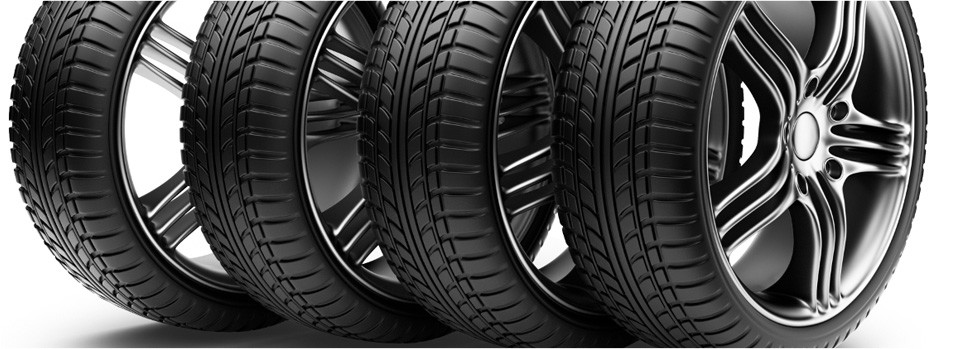
What Your Customers Need To Know: Tire Types
How well do you know your tires? Are you able to teach your customers about the different types of tires out there, and how important it is to choose the right ones for their vehicles?
In this article, we are going to explain the different types of tires and the functionalities for each of them. Should a potential customer ask you to tell the difference between each tire, you’ll not only be able to give him a well-informed answer but, you can show him what the best choices would be for his particular vehicle.
Shall we get started?
Despite improvements in longer-lasting tires, tread life will vary depending on the type of tire, car, driving aggressiveness, as well as road and weather conditions.
In most cases, you’d have to change your tires more or several times throughout the life of an average vehicle. As the familiar saying of that old adage, nothing lasts forever!
Responsible driving and appropriate care can optimize the mpg in your tires. Tire tracking software can usually tell when the tires need replacing, well ahead of the time of the mandated treadwear indicators.
Tire Types
In regards to changing your tires, it is important to learn about your options and to understand what’s presently in your car or truck. Usually, you will need replacements that are not only similar but also fits the size as well as speed rating. From that point, you may use a tire inventory system to seek out areas that are more important to you, including handling, braking, ride comfort, and sound.
All-Season Car Tires
All-season tires come in different sizes and fits everything from small cars to light-duty SUVs and pick-ups. They’re for motorists who need year round grip, long tread wear, and of course, a comfortable ride. Nevertheless, all-season tires generally lack traction and the exact handling of performance tires.
Performance All-Season Car Tires
These tires supply year-round traction tuned for enthusiastic driving. They have a speed rating that is higher than the standard all-season tires, and they usually provide better handling and braking than all-seasons as well.
Ultra-High Performance Tires
All summer and season ultra-high performance tires are usually fitted to sporty vehicles or upscale sedans. All season UHP tires are made to supply great handling and responsive steering in dry and wet states, but both the ride comfort, as well as the tread wear are typical compromises. UHP tires aren’t meant for cold weather and will not traction in icy or snow-covered conditions.
All-Season Truck Tires
All-season truck tires are made for the heavy loads pick-up or an SUV. All these are well-rounded tires made to perform well in varying conditions.
All Terrain Truck Tires
Engineered for heavy-duty use, all terrain truck tires are appropriate for paved roads. The broken tread is made to provide added grip on white and unpaved roads.
Winter/Snow Tires
Winter/snow tires offer outstanding traction corner in a cold, inclement weather. However, they generally have more rapid treadwear than all-season tires as the tread is made specifically to bite into ice and snow, and the rubber is invented to remain pliable at freezing temperatures. Additionally, winter/snow tires usually cease longer than all-season tires on roads that are cleared.
To help your customers make the best decision, using a tire inventory software can be of tremendous help. Be sure to check out our tire solution to see how beneficial it will be to you only if you implement the software today.
